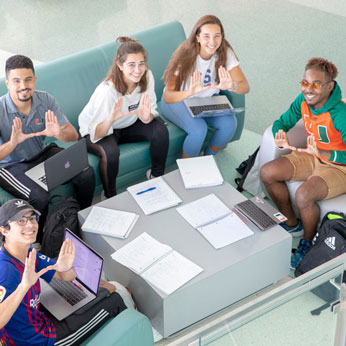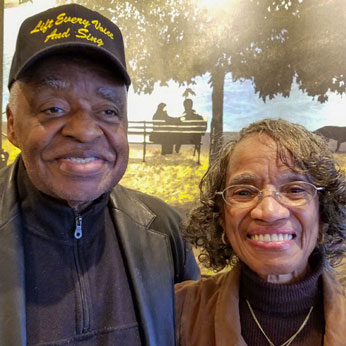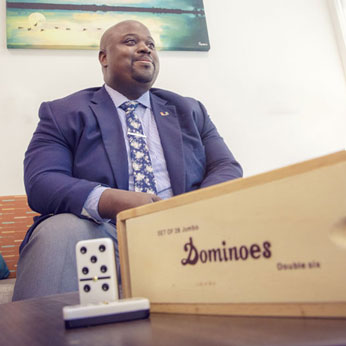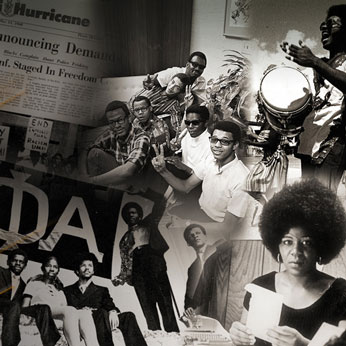University of Miami physician Dr. Hansel Tookes, who piloted the first syringe exchange program in the state of Florida, reflects on Black History Month
by Ashley A. Williams
UM News
02-22-2019
As the saying goes, the apple doesn’t fall far from the tree. Dr. Hansel Tookes at the University of Miami Miller School of Medicine has followed his maternal grandmother Gracie Wyche’s footsteps into the medical field.
Tookes shared that Wyche began her career in the 1960s as a nurse in Miami at the then-segregated Jackson Memorial Hospital and worked her way to head nurse in the 1980s, at the time concentrating on what was considered a mysterious illness, known today as AIDS.
“I spent every summer with my grandparents in Miami,” Tookes said. “Hanging out with her [Wyche] and doing the work that she did, was really how I ended up deciding to be a doctor.”
Tookes, an assistant professor in the Division of Infectious Diseases, pioneered the IDEA (Infectious Disease Elimination Act) Exchange program, an effort to reduce the spread of HIV and hepatitis C due to used or shared needles. The IDEA needle exchange program is the first of its kind in Florida. The program was five years in the making, and continues to expand.
Based on the division’s research, opioid addiction kills more people than AIDS. The IDEA Exchange Program is more than just swapping dirty needles for clean ones.
“The exchange of needles is five to 10 percent of what we do,” Tookes said. “We have established these low barrier pathways for HIV care. If you test positive for HIV on our mobile unit where you’re accessing clean syringes, you can have antiretrovirals in your system within four hours; you come into care that quickly.”
Miami is known for its diverse population, and the different health care needs of its various communities. Tookes said public health with respect to policy change is an exciting way to have an impact. He understands firsthand how important it is for health care workers to reflect the identities of the community in which they serve. He commends Dr. Henri Ford, dean of the Miller School of Medicine, for the continuous work he has done during his short time with UM at creating more opportunities for minority students and faculty.
As Black History Month concludes, Tookes reflected on the impact those before him have made.
“Black History Month is a time for us to re-evaluate how we are improving the health of the black community in order to honor all of the civil rights leaders who made it possible for us to be here,” Tookes said. “February is a time that we, empowered by centuries of struggle for opportunity, can reflect upon what we as an organization have already done to invest in black health, and what we will do in the future on the arc towards health justice for our community.”








